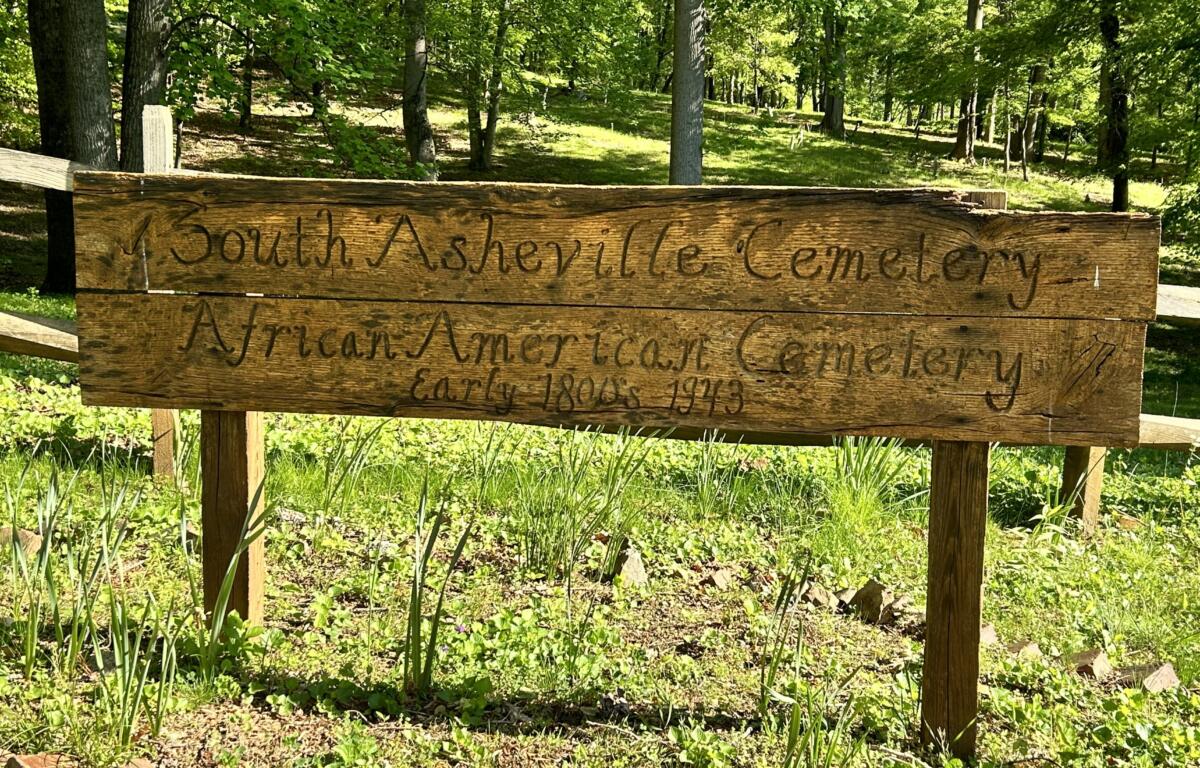ASHEVILLE, N.C. (828newsNOW) —
A special event next week will cast a spotlight on three important African-American heritage sites in Asheville.
Preserving Our Legacy: Historic Designation for African American Sites is set for 5:30 p.m. to 7 p.m. on Tuesday, May 7, at Pack Memorial Library, 67 Haywood St., Asheville.
Asheville’s roots as a city date to the late 1700s. The National Register of Historic Places includes more than 100 sites in Buncombe County. Three of those — South Asheville Cemetery, Shiloh AME Zion Church and Walton Street Park and Pool — will be the focus of a panel discussion during the event.
“There haven’t been a lot of African American sites on the National Register,” Preservation Society of Asheville and Buncombe County Executive Director Jessie Landl said. “It’s notable that all three of these are.”


 According to North Carolina Department of Natural and Cultural Resources:
According to North Carolina Department of Natural and Cultural Resources:
South Asheville Cemetery was listed on the National Register on Sept. 8, 2021. Situated southeast of downtown Asheville, North Carolina, South Asheville Cemetery is the oldest burying ground for African Americans in the region and contains nearly 2,000 graves dating from the mid-1800s until 1943, when the cemetery was closed.
Shiloh AME Zion Church was listed on the National Register on Dec. 9, 2022. Built in 1928, Shiloh AME Zion Church is home to one of the oldest African Methodist Episcopal Zion congregations in Asheville and a cornerstone of the Shiloh neighborhood, a traditionally African American community in the southern portion of the city near Biltmore. The Gothic Revival style sanctuary is constructed of brick with an asphalt-shingle roof, corner bell tower, and six-over-six double-hung wood-sash windows with frosted glass panes.
Walton Street Park and Pool was listed on the National Register on Dec. 14, 2023. Situated at the southern end of the historically African American neighborhood known as Southside, Walton Street Park was established by the city of Asheville and the Works Progress Administration (WPA) in 1939. From the year of its opening until the eventual end of segregation in Asheville, Walton Street Park was the sole municipal park available to the Black population in Asheville.
Landl hopes the panel discussion, which is open to the public, will raise awareness of the Preservation Society’s grant program. Grants can help provided the funding to get these kinds of designations for other historical sites.
Speakers include Dr. Ellen Holmes Pearson, Anita White, Priscilla Robinson, Josi Ward and Clay Griffith, who will discuss the process of getting these three sites on the National Registry.
Robinson got involved with the Preservation Society of Asheville and Buncombe County when rumors began swirling that Walton Street Park Pool would be closed.
“Sort of as a result of advocating for saving Walton Street Park Pool,” she said.
It’s been about a 10-year-year effort.
Robinson said the community and preservation members met with parks and recreation officials and were told the pool would not be closed.
But that changed several summers later when the pool was closed one summer for maintenance and upkeep. Health officials decided the closure needed to be permanent, Robinson said.
In the meantime, the Dr. Wesley Grant Sr. Southside Community Center Pool had opened just down the street.
“We saw it wasn’t going to reopen. And there was another pool nearby, so, we decided to pursue the historical preservation of that site,” Robinson said.
It was a move she said was important for several reasons.
“Walton Street Park Pool was used by the whole community of Black Asheville and the entire Black community in the area,” Robinson said. “I think it’s important to preserve it because so much of Asheville’s Black history has been erased.”
She said South Asheville was once had a thriving Black community.
“Our children and grandchildren need to know our Black community has not always lived in public housing,” she said.
Preserving Our Legacy: Historic Designation for African American Sites is set for 5:30 p.m. to 7 p.m. on Tuesday, May 7, at Pack Memorial Library, 67 Haywood St., Asheville.


